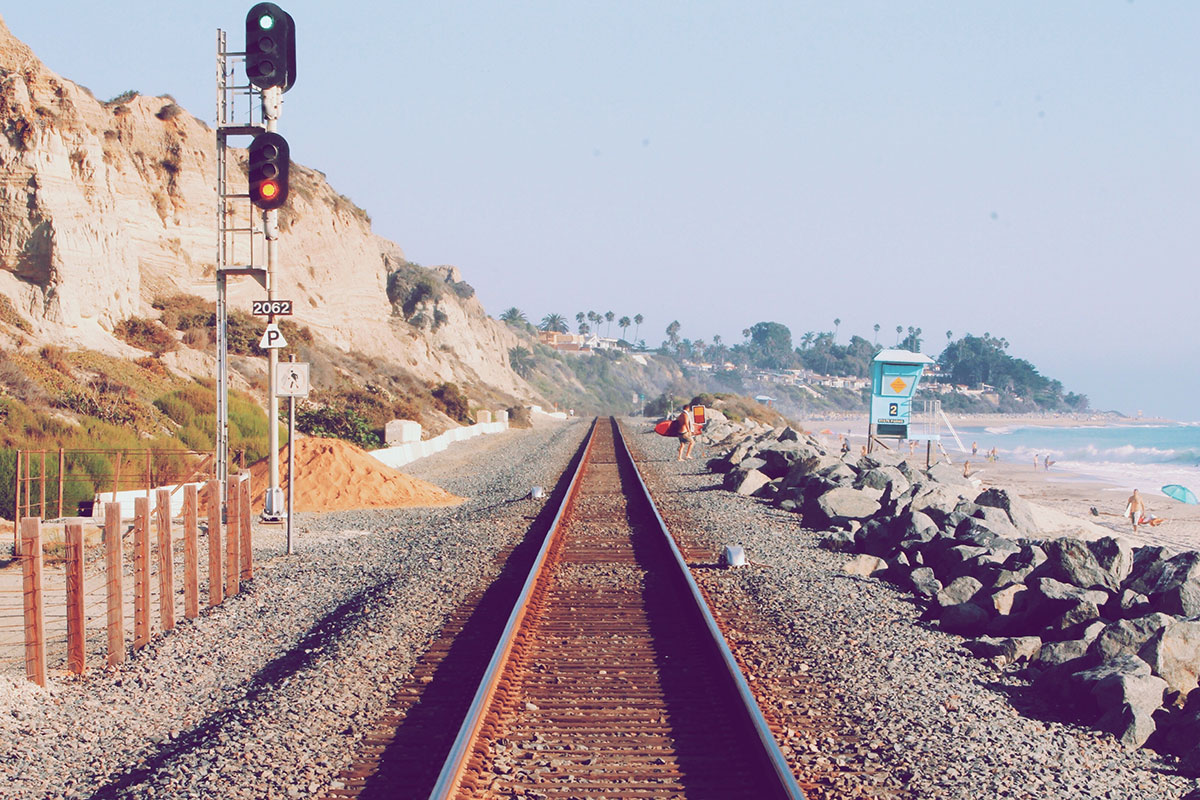Household Bills
Inflation lower than expected, but rail fares still rising sharply

Despite lower-than-expected CPI inflation, commuters will be hit with a 3.6% rise in fares.
UK CPI inflation has confounded market expectations of a chunky rise, remaining at 2.6% in July. However, this will not help beleaguered rail commuters who will see their rail fares rise by RPI inflation, which hit 3.6%.
The gap has fuelled commuter anger, with passengers questioning why rail groups are still using the higher RPI figure instead of the more widely used CPI figure.
David Sidebottom, director of Transport Focus, the independent transport user watchdog, said: “Yet again, passengers, now majority funders of the railway, face fare rises next January. Commuters do not give value for money on their railways a high satisfaction score – just one third according to our latest survey. So while performance remains patchy and with pay and wages not keeping pace with inflation, they will feel rightly aggrieved if they are paying much higher rises next January.
“Why is the government not using its preferred measure of inflation: the one that is used to determine wages and pension increases, and one which is often lower than RPI? Why not use the Consumer Prices Index for rail fares too? Passengers deserve a fairer deal.”
The key difference between RPI over CPI is that it includes the costs of housing (mortgage interest costs and council tax for example) while CPI does not.
Economists were expecting UK CPI inflation to be higher, but declining motor fuel prices helped offset rising clothes, utilities, and food prices.
This will provide some respite for consumers in the face of continued weakness in wages. A survey from the Chartered Institute of Personnel and Development (CIPD) today predicted that pay rises will be just 1% over the next year. It said in spite of falling unemployment, wage growth is weak because the supply of labour has also gone up.